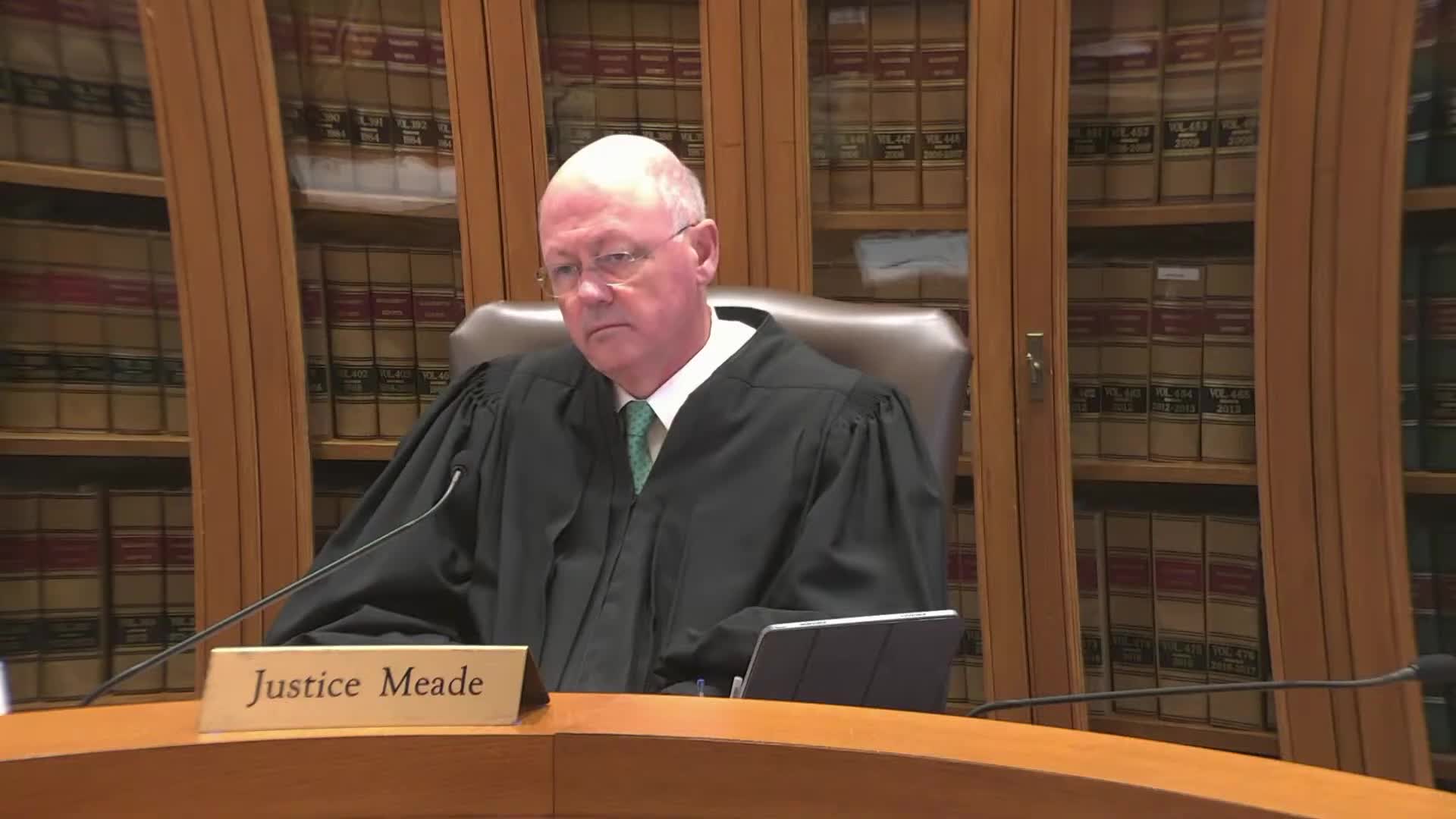Article not found
This article is no longer available. But don't worry—we've gathered other articles that discuss the same topic.
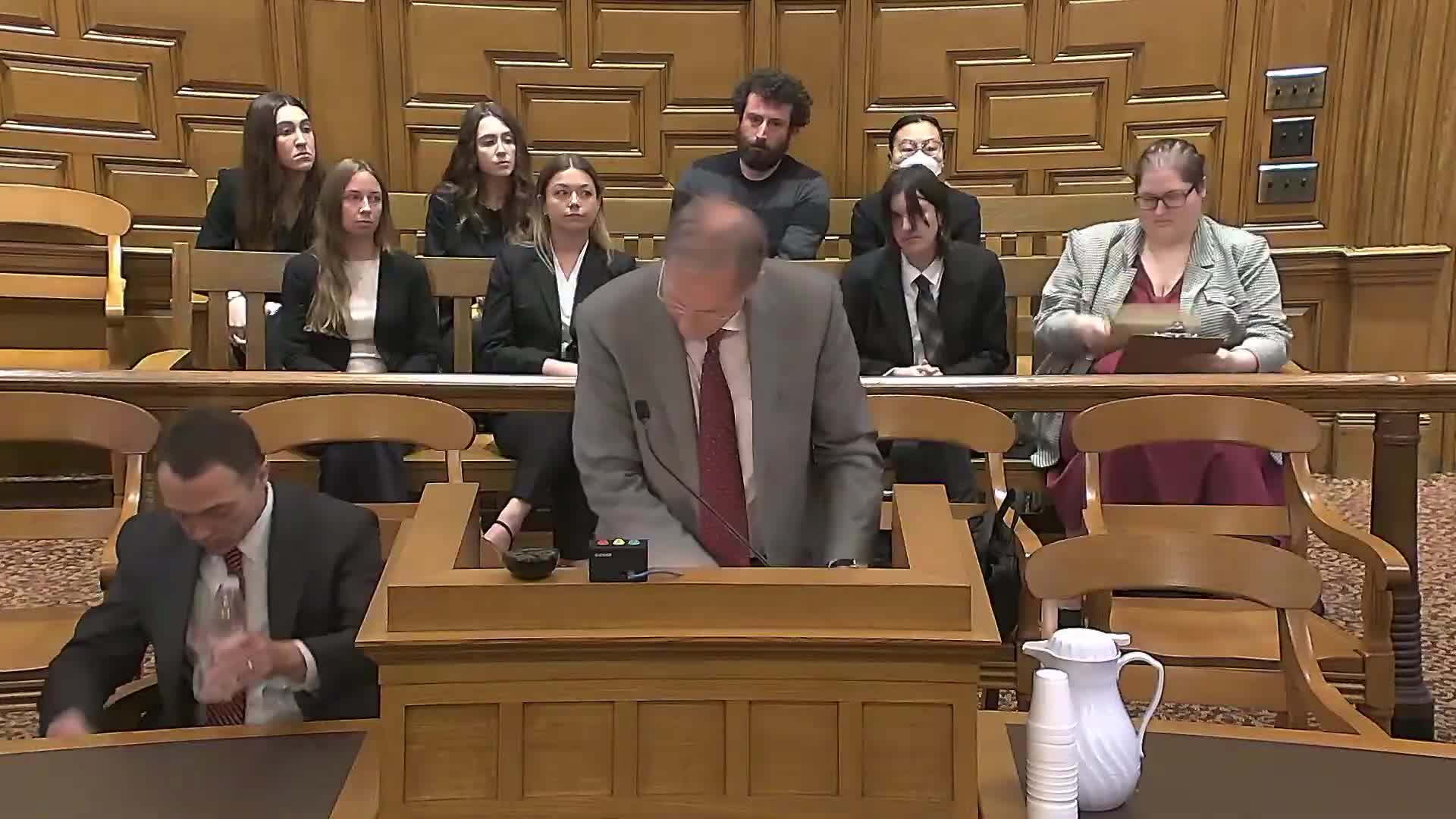
Appeals court hears challenge to trial court’s exclusions of tobacco‑industry documents and witness testimony
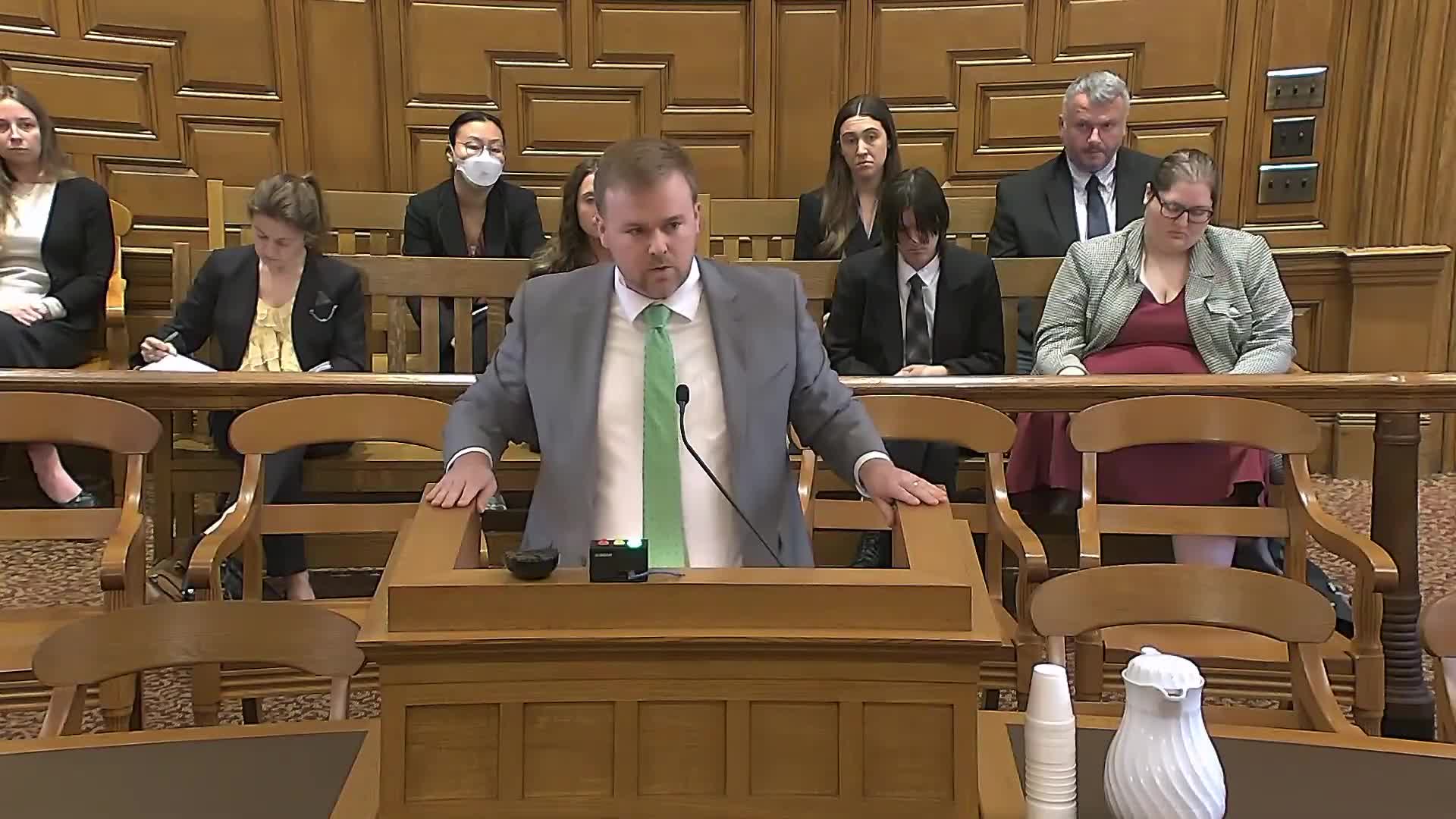
Appeals court reviews tribunal ruling in malpractice case over anticoagulation management
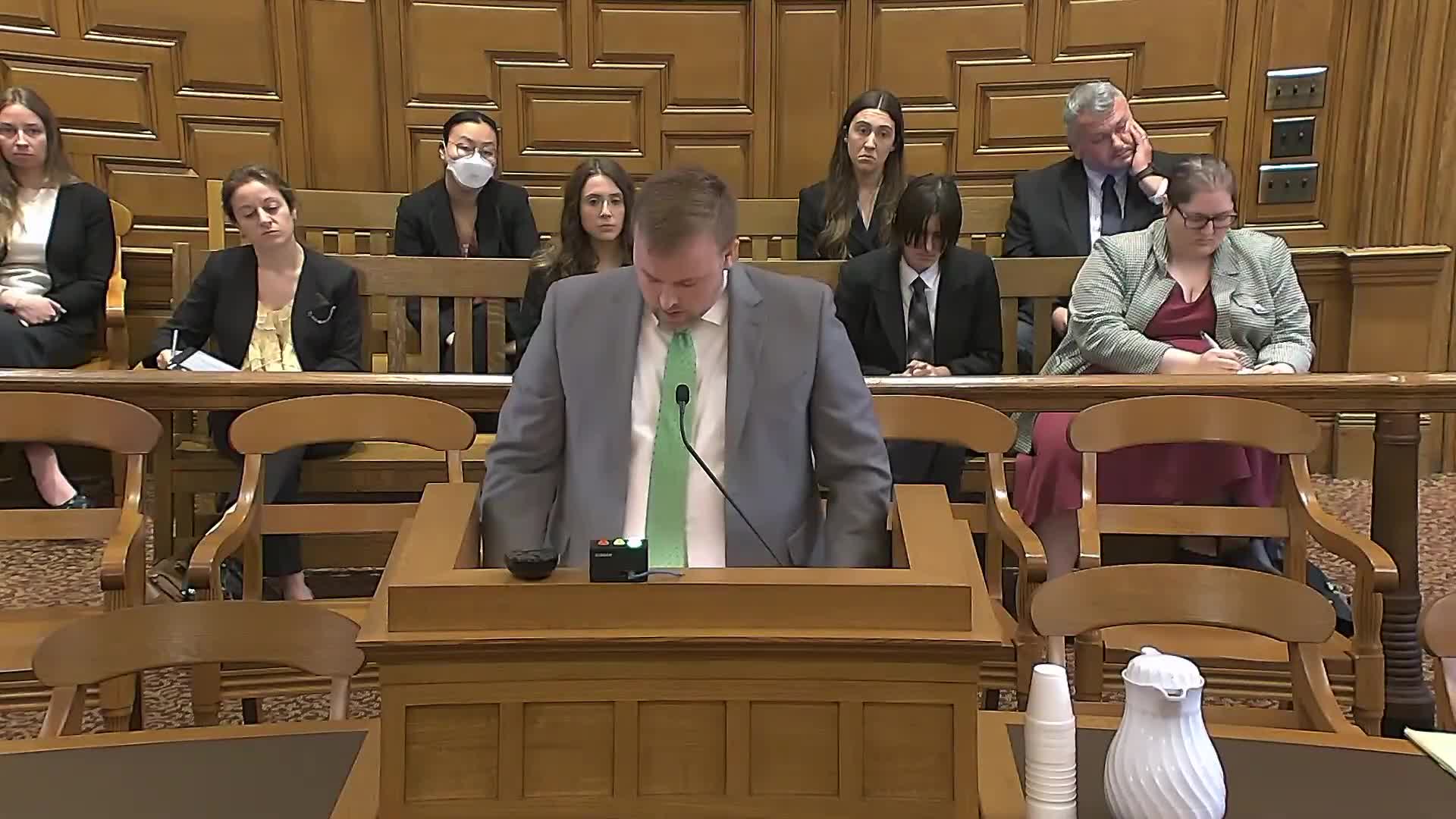
Appeals court revisits agency and charitable‑cap issues in medical malpractice verdict
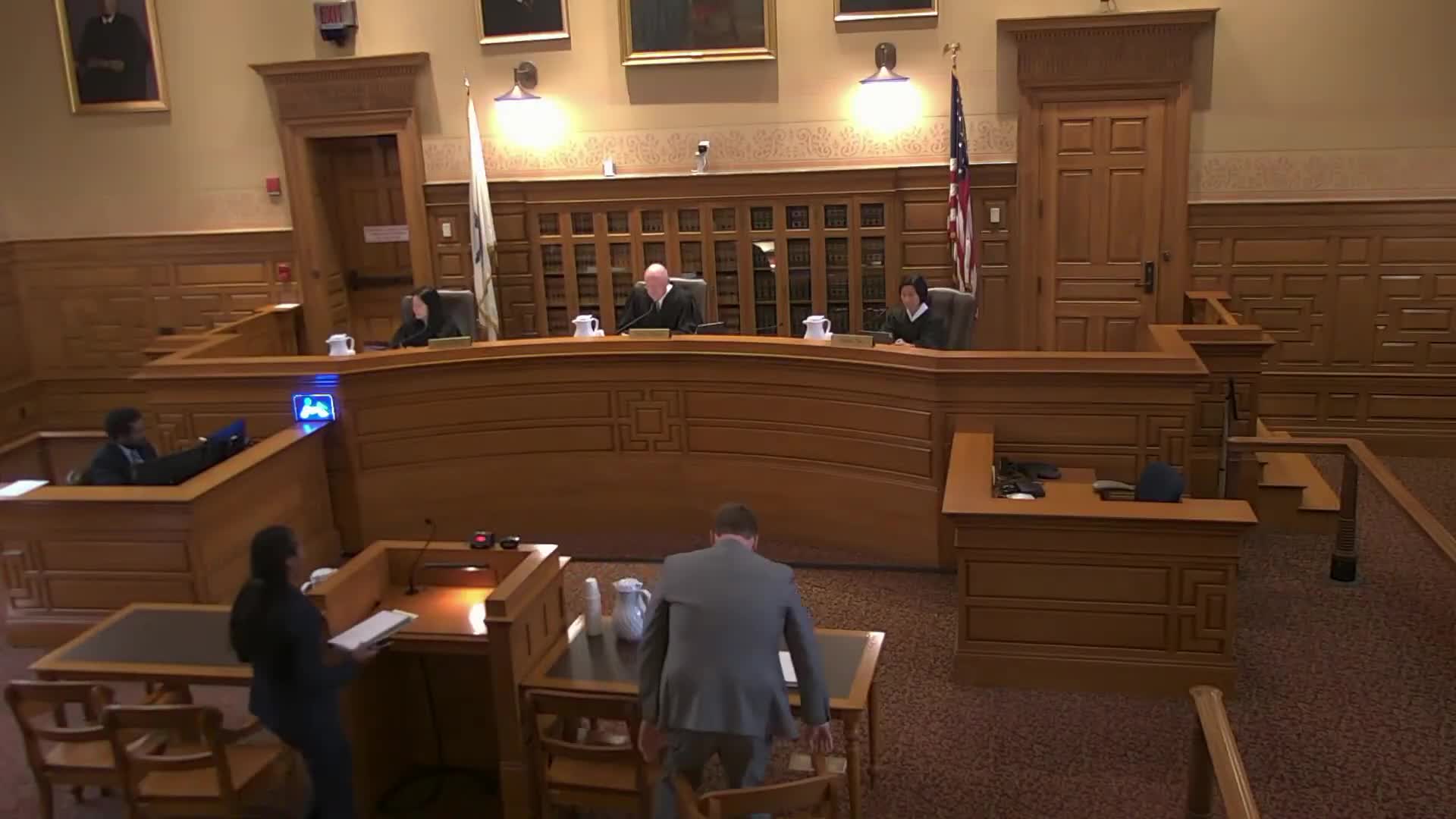
Appeals court considers constructive trust and use-and-occupancy dispute in landlord‑tenant appeal
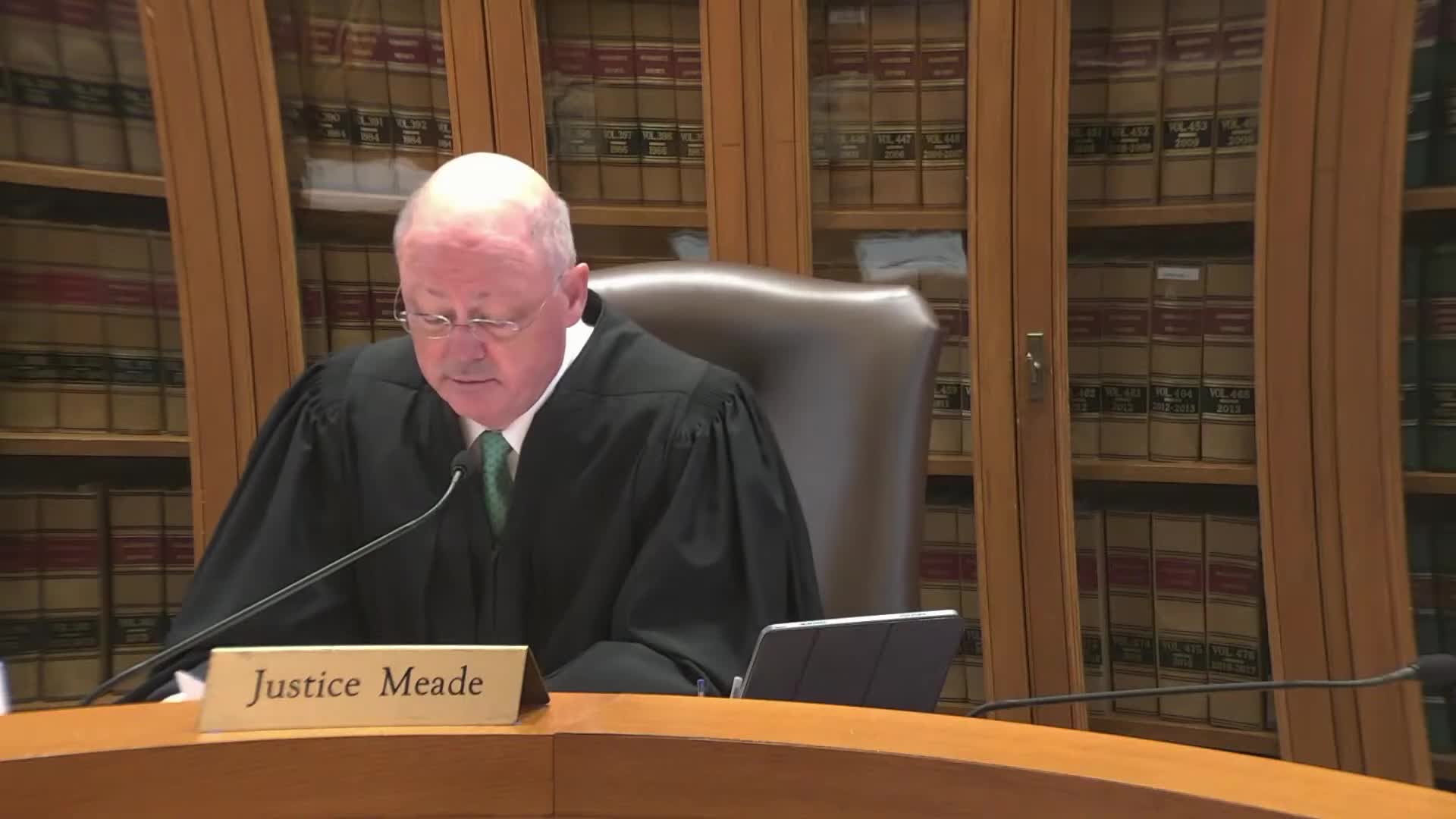
Appeals court reviews police report evidence used to suspend firearms license
